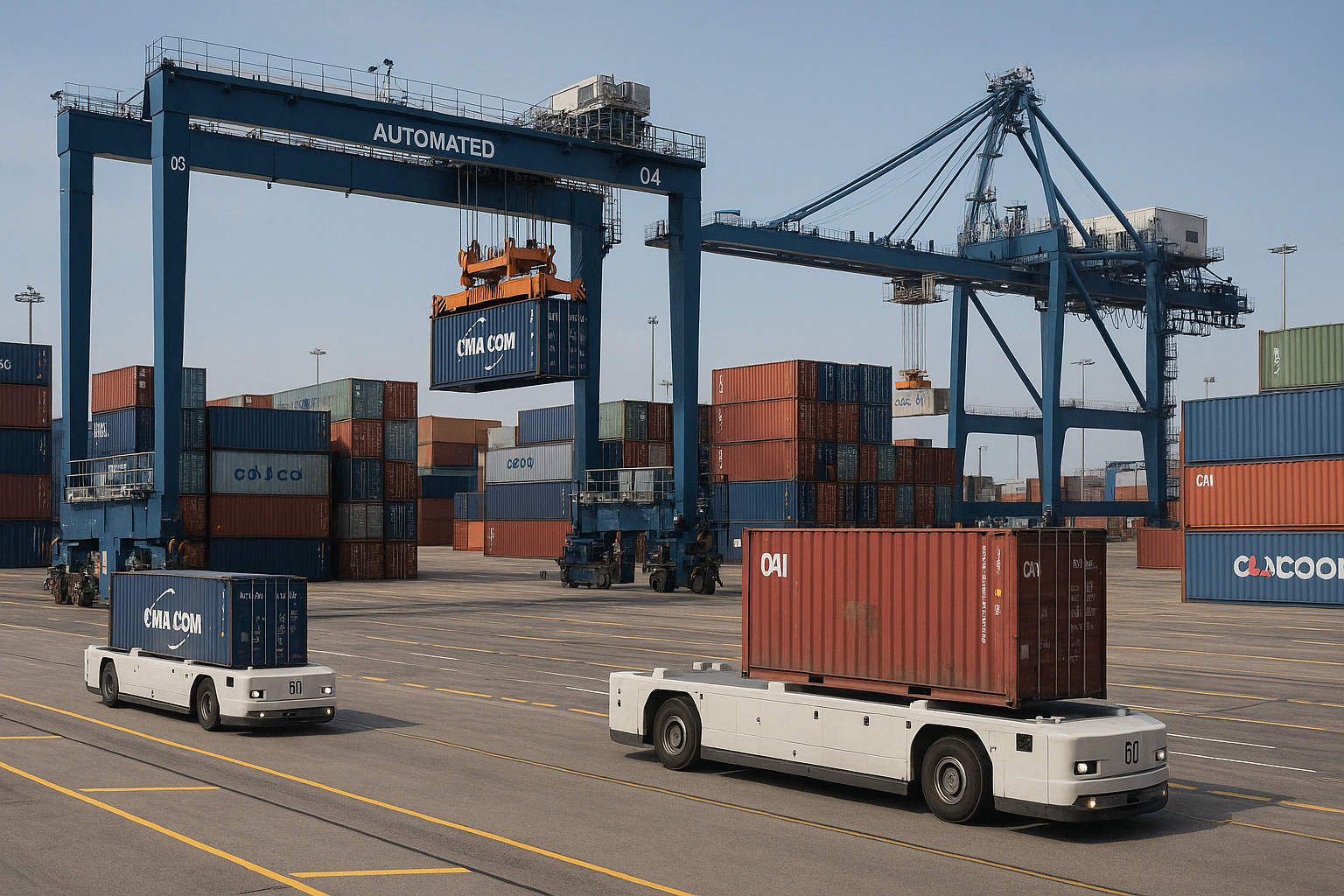You've probably heard the term "platform engineering" pop up lately. It seems like yet another new job title in the already crowded tech world. In this post, I'll explain what platform engineering is, how it compares to DevOps and Site Reliability Engineering (SRE), why companies are investing in it, and what skills you’d need if you wanted to get into it.
What Is Platform Engineering?
Platform engineering is all about creating and maintaining tools and workflows that help software developers work faster and more efficiently. Think of it as making life easier for developers by building tools that automate boring or repetitive tasks.
One of the big things platform engineers do is set up something called an "internal developer portal." Basically, this is a one-stop shop where engineers can find all the information they need about their projects, like documentation, dependencies, infrastructure, and even how much things cost. It pulls together data from all the different tools, cloud providers, and teams into one easy-to-use place.
This field popped up because software development has gotten way more complicated. Developers now juggle more tools, clouds, and processes than ever, making it tough to keep track of everything. Platform engineering steps in to simplify that.
Why Platform Engineering Matters
Platform engineering helps solve problems that often come up when companies adopt DevOps. DevOps aims for developers to both build and run their own apps, but this isn't easy in practice. Often, the most experienced (and expensive!) developers end up stuck dealing with operational tasks instead of focusing on building new features.
This leads to messy situations where everyone is handling operations differently, causing inconsistency and extra work. Studies on DevOps show that successful companies often have dedicated teams—platform engineering teams—that handle these issues. These teams take care of tools, workflows, and infrastructure so developers can spend their time writing actual code.
Challenges You Might Face in Platform Engineering
Platform engineering isn't without its challenges. One issue is accidentally creating a new silo—like when requests from developers pile up in a ticketing system. To avoid this, the goal is to help people help themselves through clear documentation, training sessions, and hands-on support.
Another challenge is prioritizing requests. Because a platform team serves the whole organization, deciding what to focus on first can be tricky. To manage this well, it helps to have a single place for collecting feature requests and a group of people who decide what matters most.
Also, platform teams need to stay flexible. Tech changes super fast, so they have to keep learning. It helps to set aside regular time for team members to learn new things and keep up with trends.
What Platform Engineers Do
A platform engineer builds and maintains the internal developer portal and related tools. They work closely with everyone from junior developers to senior managers, making sure the tools meet everyone's needs.
Platform engineers usually know software development inside and out. They understand what developers are trying to achieve and have hands-on experience with common DevOps tools. But they’re not just technical—they also need strong communication skills because they'll be working with many different teams.
Skills Platform Engineers Need
Besides solid technical knowledge, platform engineers need great people skills. They regularly communicate with everyone from junior developers to senior executives, so they must clearly explain ideas and understand different perspectives.
Adaptability is also crucial. The tech landscape is constantly changing, and platform engineers have to be ready to learn new tools and techniques regularly.
How Platform Engineering Compares to DevOps
DevOps and platform engineering overlap, but they're not the same. DevOps focuses mostly on collaboration between development and operations teams to speed up software delivery. Platform engineering builds the tools and systems that make DevOps easier.
In other words, DevOps teams usually use existing tools or create them when needed, but platform engineers specifically focus on designing and maintaining those tools in a structured way.
How Platform Engineering Compares to Site Reliability Engineering (SRE)
Platform engineering is related to SRE, but there are differences. Both roles focus on helping software run smoothly. But SRE tends to handle issues like system availability, monitoring, and responding to incidents. Platform engineering, meanwhile, focuses more on building tools that help developers directly.
Who Needs Platform Engineering?
If your company develops software, there's a good chance you could benefit from platform engineering. These tools help development teams work faster and better, allowing them to focus on building new features instead of worrying about operations.
Before deciding, consider if your current DevOps setup is working well or causing bottlenecks. If you see problems or inefficiencies, platform engineering might be the right solution.
Tools and Applications Platform Engineers Use
The main tool platform engineers manage is the internal developer portal. This portal organizes all kinds of information:
- Service and infrastructure details like ownership, documentation, and runbooks.
- Security and vulnerability information.
- Tools to manage incidents or deployments.
- Metrics to track performance and reliability.
Some companies build their own portals, but that's expensive and time-consuming. Others use open-source options like Backstage (flexible but requires significant setup) or commercial options like Configure8 (ready-to-use and covers a wide range of environments).
Platform engineering often involves creating "scaffolding," or templates, which let developers easily launch new services that follow company standards. Tools like Cookiecutter, Yeoman, or Humanitec help with this.
Managing infrastructure—like resizing servers or changing storage—can also be part of platform engineering. Tools like Terraform, Puppet, and Ansible make this process simpler and faster.
Containers and orchestration tools like Docker and Kubernetes are also commonly used to make managing software deployments easier and more efficient.
What's Next for Platform Engineering?
As software gets even more complex, platform engineering will probably become even more essential. Companies are relying more heavily on distributed cloud systems and new architectures, so the need for specialized teams to handle these complexities will only increase.
Platform engineering isn't just another buzzword—it's a way to help developers focus on what they do best.



